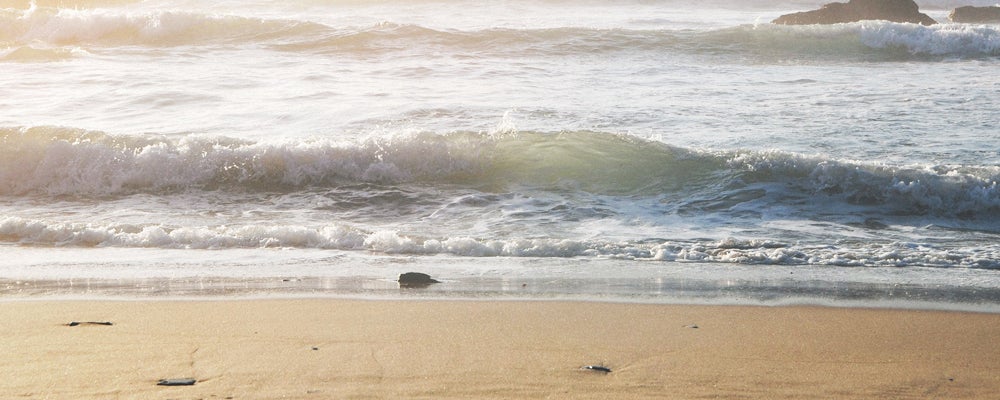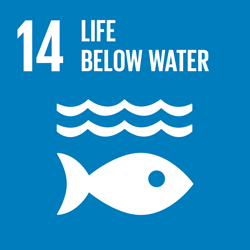
On June 8, another World's Oceans Day (WOD) came and went without a lot of fanfare. Even so, WOD’s a good reminder that Canada is an ocean nation. That might seem pretty abstract at times for those of us living in southern Ontario. With three oceans (*can you name them?) and the world’s longest coast — all 244,000 beautiful kilometres of coast — we owe it to ourselves to pay more attention to 'life below water'.

One strategy is to better fund ocean and coastal programs and research activities. These activities help us identify key problems and develop interdisciplinary solutions that can have long-term impact. On this issue, there is some good news. Canada has shown renewed commitment with the $1.5 billion Ocean Protection Plan, and we are closing in on the international ocean conservation targets we committed to as a signatory to the Convention on Biological Diversity. Another strategy, is to see how other nations are grappling with ocean sustainability challenges, and to learn from those experiences. That's where New Zealand comes in...
I serve on the Independent Science Panel for the Government of New Zealand's "Sustainable Seas National Science Challenge (SSC)". The 'Challenge' is a major investment to enhance the value of marine resources in New Zealand, but in a manner that ensures a healthy ocean and coastal environment for future generations. It's a lofty goal.
As an 'outsider' invited to review and provide input on the science behind the Challenge, I get an interesting birds-eye view, and I think there is much we can learn. I'll highlight just a few of these lessons.
First, at its core is an effort to define and implement an 'ecosystem-based management' approach. That's a clear recognition that a systems perspective (social and ecological) is needed to engage with a complex marine environment, and the equally complex ways different communities value ocean and coastal spaces, such as sources of cultural renewal, as tourism opportunities, or as the foundation for livelihoods and economies. An ecosystem-based approach also serves as an antidote to overly sectoral or narrow approaches that will not be sufficient as our interconnected oceans and coasts experience rapid change. These ideas should sound pretty familiar to those of us in SERS!
Second, the Challenge is aiming to 'co-develop' the ecosystem-based approach with Maori and other stakeholders in New Zealand. Here too is a crucial reminder that achieving sustainability in Canada's three oceans (and come to think of it, our Great Lakes too) demands meaningful partnerships, shared learning opportunities and recognition of the rights of coastal First Nations, Inuit and Metis. We must also commit to support the livelihoods of the many small coastal communities across Canada that make us an ocean nation, and that are a bridge to food security and a place-based 'blue economy'.
Third, the Challenge is a reminder that innovative and adaptive governance approaches are needed that reflect multiple uses, values and sources of knowledge, that combine community, science and policy actors, and that position Canada once again as a global leader in ocean and coastal sustainability.
My participation on the Independent Science Panel has been a great reminder of what SERS offers. Our mission in SERS is to help protect, restore, reform and transform social and ecological systems - doing that requires our 'all hands on deck' approach and unique suite of interdisciplinary skills. I see a lot of that in the Sustainable Seas Challenge, and I see a lot of that in the next generation of students getting ready to help Canada achieve its SDG 14 targets.
Surfs up!
*Atlantic, Pacific and Arctic
For more information on some related projects in Canada, check out the OceanCanada Partnership and the Community Conservation Research Network.
Story originally appeared on the Faculty of Environment website.